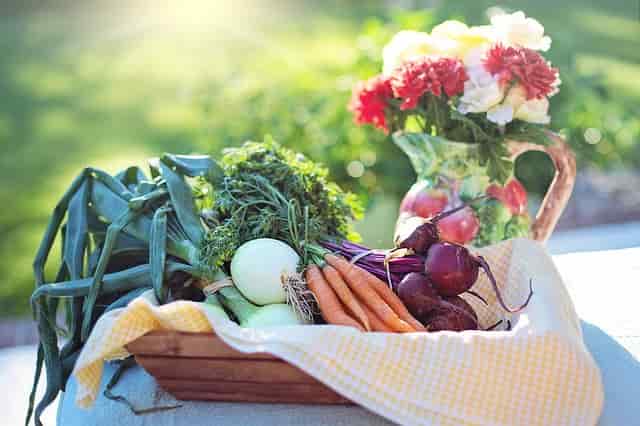Vegetables have always been known to be a healthy part of any meal, but did you know that they can help you lose weight? They are low in calories, and high in vitamins, minerals, and fiber, making them an essential part of your diet as you try to lose weight.
How do vegetables help you lose weight?
They keep you full for longer
Vegetables usually have high water and fiber content, which keeps you fuller for longer and more efficiently than processed carbs, which have very little fiber content. Combining vegetables with lean protein and healthy fats will keep you satiated for long, until your next meal.
They are a good food substitute
You can easily replace any junk foods and unprocessed carbohydrates with vegetables, which are healthy and have few calories. This way, you eat healthy food that fills your stomach and has lots of nutrients, as compared to processed food that is deficient in nutrients. Eating vegetables instead of snacks will still fill you while reducing your caloric intake for faster weight loss.
They are filled with water
Vegetables are known to have a high water content, which is good for your body and digestive system. The water also fills your stomach faster than other foods would, meaning that you will eat less food, which is helpful if you want to lose weight. This also means that when you exercise, you will be burning off stored fat, instead of burning the calories from the food that you’ve just eaten.
They help prevent fluctuations in your energy levels
The fiber in vegetables helps in regulating your blood sugar. This ensures that your energy levels are constant, and prevents the dips in your energy levels, especial the afternoon energy slumps (associated with processed carbohydrates), that may lead to sugar cravings.
Which are the best vegetables for weight loss?
Broccoli
Broccoli is a multipurpose vegetable that not only helps you prevent prostate, breast, skin, and lung cancers but also helps you reduce the fat in your abdomen. This is due to sulforaphane, a phytonutrient that increases testosterone and reduces body fat storage. The vitamin C in broccoli reduces cortisol, the stress hormone that results in fat being stored around the abdomen.
Spinach
This green leafy vegetable has lots of proteins (a cup of steamed spinach has about 6g of proteins) which helps post-workout muscle recovery and growth. The more muscle mass you have, the more calories your body burns at rest. Spinach is also rich in thylakoids, a compound that significantly reduces cravings and promotes weight loss.
Peppers
Many people use spicy hot peppers when trying to lose weight, but what they don’t know is that mild peppers also have the same effect. Dihydrocapsiate, found in sweet peppers, is a metabolism-boosting compound that helps speed up the rate at which calories are burnt in your body. A cup of these bell peppers can serve up to thrice the recommended intake of vitamin C, an essential nutrient that reduces cortisol, the stress hormone that triggers fat storage around the abdomen.
They are rich in quercetin, a flavonoid that increases blood flow in the body and activates AMP-activated protein kinase, a protein that helps regulate glucose levels in the body and prevents new fat cells from forming. They also help lower cholesterol to help maintain healthy blood pressure levels.
How many vegetables should you consume per day?
The recommended amount of vegetables for adults per day is about 3 cups, though you can take more, as they are healthy. You should, however, avoid relying on them alone in your diet, as it can lead to bloating and nutrient deficiency if you do not add proteins and carbohydrates to the diet.



